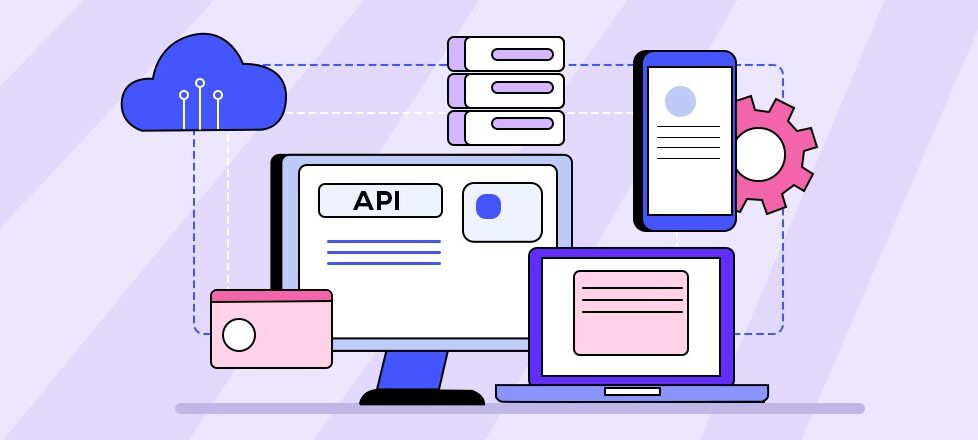API Integration Best Practices for Maximum Security


API integration is something that many business owners and consumers use on a daily basis. API stands for Application Programming Interfaces, and it’s a form of technology that enables two or more to communicate.
APIs can be extremely helpful for business owners who use several applications and want to integrate them seamlessly. They enable business owners and employees to use multiple platforms at once without experiencing glitches or inconsistencies.
However, as with any technology, API integration doesn’t come without security risks. If you’re using an API in your business, you need to take the necessary security measures to keep your data sets and applications safe.
In this article, we’re going to cover some top tips for maximizing your security when using API integrations in your business. First, let’s take a look at some of the key benefits of enhancing your online security.


Here are the main benefits of keeping your online data secure, particularly when you’re using one or more API integrations:
Here are five API integration security best practices to use in your business.
Hypertext transfer protocol secure (HTTPS) is an enhanced version of hypertext transfer protocol HTTP). It encrypts your data for secure communication across different platforms via a computer network.
You should always use HTTPS protocol to provide security during the transmission of data between each of the applications within your API. HTTPS maximizes your security by encrypting your data as it is transmitted across platforms, making it much harder for hackers to intercept it.
You need to load all of your data through HTTPS in order for it to be effective. Loading the majority of your data under HTTP, with only sensitive information loaded under HTTPS, could leave your network vulnerable to cyber-attacks.
Another great way to maximize your security when using an API is to implement a two-factor authentication (2FA) process. With 2FA, all users must input a password or code before accessing any of the platforms within your API.
OAuth and API keys are great ways to authenticate your APIs and ensure that only authorized individuals can access your software applications. You should try and avoid using hardcoding authentication credentials in the source code so your 2FA barrier is impenetrable.
As with any area of your business, monitoring is essential to ensure ongoing security when you’re using an API (and even more so if you’re using multiple APIs within your business). Monitor your API traffic, including log-in requests and user activity, to ensure there are no unauthorized people using your software and that authorized individuals are using your programs appropriately.
You can use tools such as intrusion detection systems (IDS) and security information and event management (SIEM) to detect security breaches. From here, you can take action to resolve any issues and keep your data safe.
You’ll be able to monitor your website traffic through your API too. Doing so will enable you to adjust your marketing strategies to drive more people to your website or to particular web pages.
Education is essential to keep your staff well-informed on how to stay safe when using an API. For maximum API security, you’ll need to provide documentation, training, and ongoing support to your staff, especially those that will be using multiple software at once to complete their day-to-day tasks.
By providing in-depth training for your staff members, you can ensure that they follow the best safety practices to keep your software programs, data, and business as safe as possible.
Outdated software is more vulnerable to cyber-attacks as it’s much easier for hackers to find weak areas to target. If a hacker gains access to one of your software applications, they can easily access the rest of your programs when you’re using API integration.
Ensure that your API software is all up-to-date, and replace old software if it is no longer suitable for your needs. You’ll also need to regularly update your security protocols and programs to ensure you’re using the latest versions of each one.
